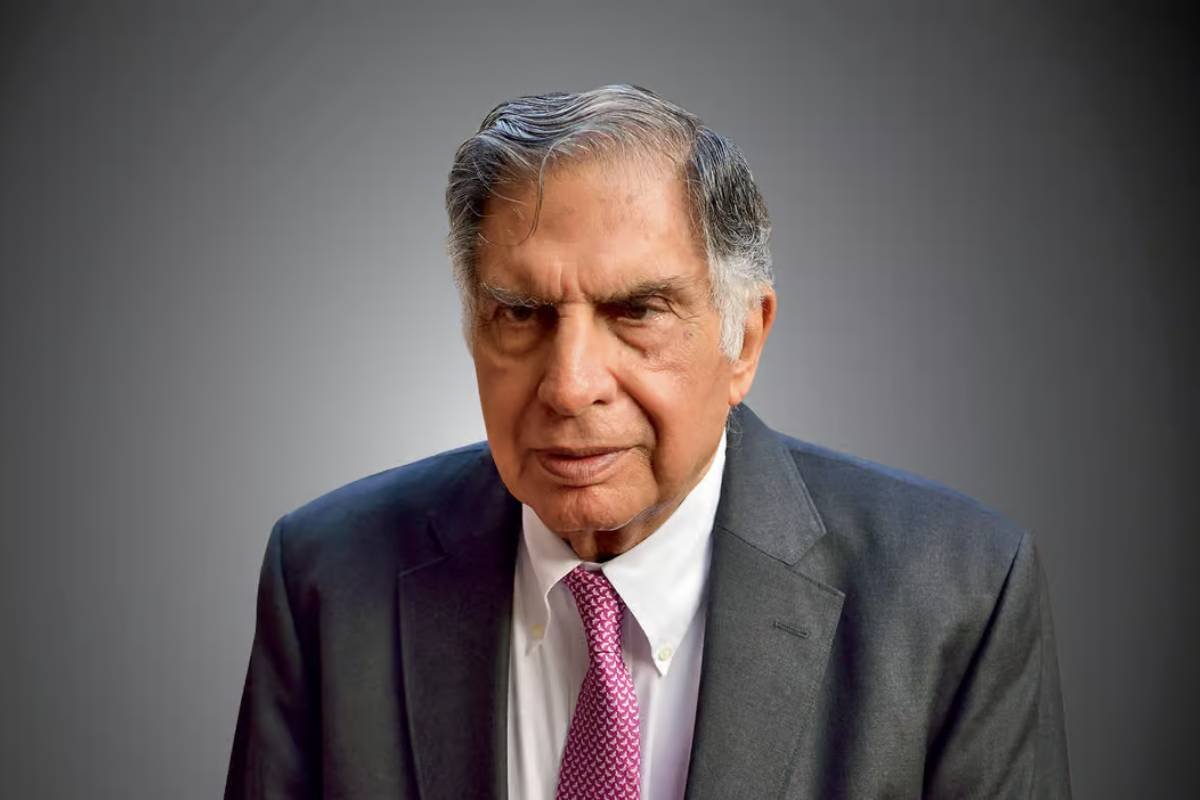Global Expansion and National Impact
Ratan Tata, the renowned Indian industrialist who expanded his family’s Tata Group into a global business empire, passed away at 86 in Mumbai. His company, Tata Group, announced his death, though no specific cause was provided. Tata, who led the conglomerate as chairman from 1991 to 2012, is credited with transforming it into an international brand with products like Jaguar, Land Rover, and Tetley Tea. Under his leadership, Tata Group’s profits grew fiftyfold, with a significant portion of its revenue generated overseas. Despite its global presence, Tata’s influence remained deeply rooted in India, where its products, ranging from cars to tea and steel, became integral to daily life for middle-class Indians.
Though rival family-run conglomerates later outpaced Tata Group in revenue, Ratan Tata maintained an unshakable public reputation. Known for his philanthropy, he allocated a large portion of his wealth to charitable causes and supported young entrepreneurs through investments in startups. A unique feature of Tata Group was its ownership structure, with two-thirds of its parent company, Tata Sons, owned by philanthropic trusts established by the Tata family.
Personal Life and Leadership Style
Born in 1937 in Bombay (now Mumbai) during the British Raj, Ratan Tata belonged to the Parsi community, which has long been associated with the Tata family. Despite a privileged upbringing, including attending elite schools in India and the United States, he faced personal challenges, including his parents’ divorce. He joined the family business in 1962, starting at Tata Steel, where he worked on the shop floor. Over time, he rose through the ranks, eventually leading the conglomerate. His leadership style was marked by a quiet demeanor and a preference for staying out of the spotlight.
Despite his reserved nature, Ratan Tata became involved in a significant corporate controversy later in his career. After appointing his handpicked successor, Cyrus Mistry, to lead Tata Group in 2012, tensions grew between the two. Tata eventually convinced the board to remove Mistry in 2016, leading to a protracted legal battle that lasted until 2021. Although the courts initially ruled in Mistry’s favor, the Supreme Court of India ultimately upheld Tata’s decision. The highly publicized dispute drew media attention but did little to tarnish Tata’s legacy of business leadership and philanthropy.
Philanthropic Legacy and Vision
Ratan Tata’s philanthropy was as vast as his business endeavors. Much of his fortune was dedicated to educational, health, and agricultural projects in India. He also contributed millions to U.S. universities, including Cornell and Harvard, to fund research and scholarship programs. Continuing the Tata family tradition of combining enterprise with social responsibility, Ratan’s philanthropic focus was always on improving lives, particularly for those in need. He also supported over 50 startup ventures in India, his favorite being Goodfellows, a platform fostering intergenerational friendships. At the launch of Goodfellows in 2022, Tata reflected on aging, expressing that it was only in later years that one truly understands the complexities of growing old.









